|
Getting your Trinity Audio player ready...
|
Today, more than 120 million women, men and children are estimated to have fled their homes because of violence, conflict and persecution. Add to that people who have been driven by climate change and extreme poverty and the number spirals to hundreds of millions. And nearly half of these are children. If you’re like us, these statistics break your heart.
For 80 years, together with people like you, we have boldly engaged in the world’s greatest crises. Here are six hot spots of displacement where we’re responding today. These people need your help.
Do you see the 1 in 120 million? Will you respond to their needs?
Ukraine: Urgent Aid in Wartime

As the war in Ukraine nears its fourth year, the need for help is still urgent. The UNHCR estimates 3.7 million people are displaced within Ukraine and more than 6.4 million have fled the country as refugees. Around 14.6 million Ukrainians need urgent humanitarian aid.
Mental health support is also among the top needs. A survey by the International Federation of Red Cross and Red Crescent Societies showed that 83% of people affected by the conflict said they or their family members had experienced stressful or traumatic events.
Since the start of the war, we have been meeting urgent needs on the ground by providing shelter, food and psychosocial support, including mental health care training for local church leaders. With our partners, we have helped over 345,000 people in Ukraine and nearby countries. Using our “here and there” approach to global displacement, we have also supported more than 9,600 Ukrainians in the U.S. since the 2022 Russian invasion. This support has included language classes, cultural adjustment resources, job and housing assistance and more.
Sudan: Responding to the World’s Largest Displacement Crisis
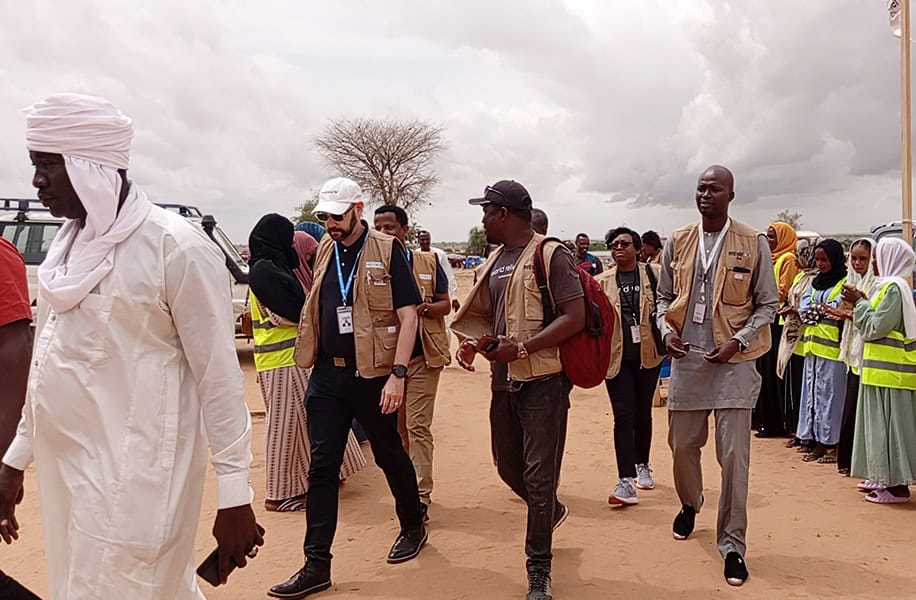
More than 11 million people have been forced to flee their homes since war erupted in Sudan in April 2023. It’s the largest displacement crisis in the world.1 Heartbreakingly, more than 20,000 people have died — it is estimated that the actual numbers are much higher.2 The situation is desperate in this northeast African country, with 25.6 million people experiencing high levels of acute food insecurity.3
Despite overwhelming challenges, World Relief has been a beacon of hope, providing life-saving food, clean water, healthcare, protection services, essential household items and more to hundreds of thousands in Darfur and eastern Sudan. Additionally, our new office in Chad has extended support to Sudanese refugees fleeing violence, and programs in Blue Nile have delivered emergency food aid, rehabilitated health facilities and promoted agricultural development.
World Relief’s commitment spans decades, serving Sudanese communities both in Sudan and across the U.S. as they rebuild their lives. Our U.S. offices have resettled nearly 600 Sudanese refugees in the U.S. in the last five years, providing housing, job assistance, mental health services and family reunifications. The need is immense, with millions urgently needing aid. Will you answer the call to help?
The Middle East: Engaging in the Escalating Crisis
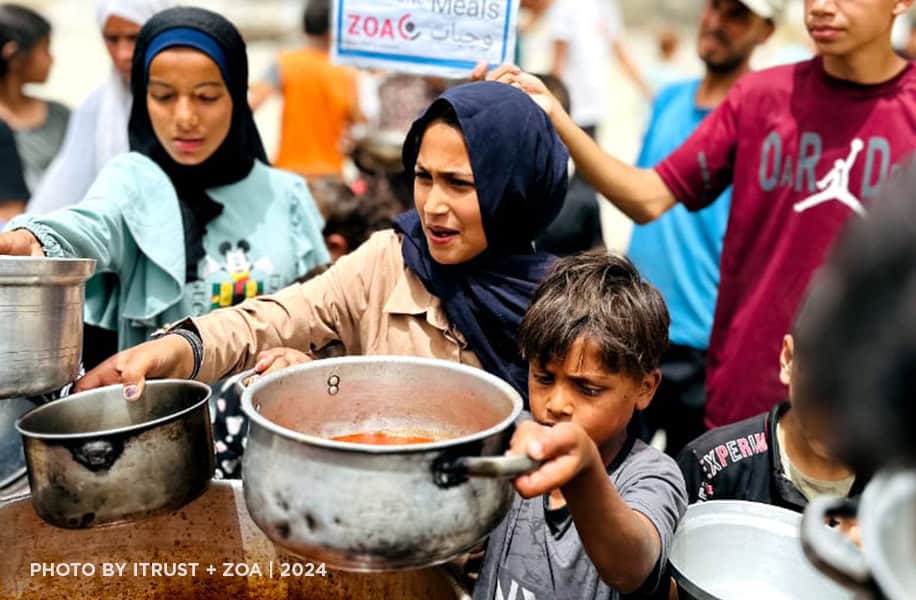
The humanitarian crisis in the Middle East continues to escalate, with the ongoing conflict expanding into Lebanon. More than 3 million people across Israel, Gaza and Lebanon had been forced to flee their homes and thousands more have been killed or injured.
World Relief has been providing emergency assistance alongside local partners in the region since October 2023. Now, as the situation has escalated into Lebanon, we are determining the most effective response in the country and establishing collaborations with organizations on the ground.
Over the last year, through local partnerships, we’ve provided medicine and essential supplies to 62,500 people in Gaza, the West Bank and Lebanon. We’ve also provided food and clothing to more than 5,200 Palestinians and Israelis in Bethlehem and the West Bank. We’ve helped install three solar-powered filtration systems in Gaza, giving 1,950 Gazans access to safe drinking water and basic sanitation, and installed 50 latrines, providing safe sanitation facilities to more than 2,500 people daily. Through a local Egyptian church partner, we’ve been able to bring spiritual, emotional and physical care to nearly more than 2,800 displaced Palestinians.
DR Congo: Responding to One of the World’s Most Complex Crises
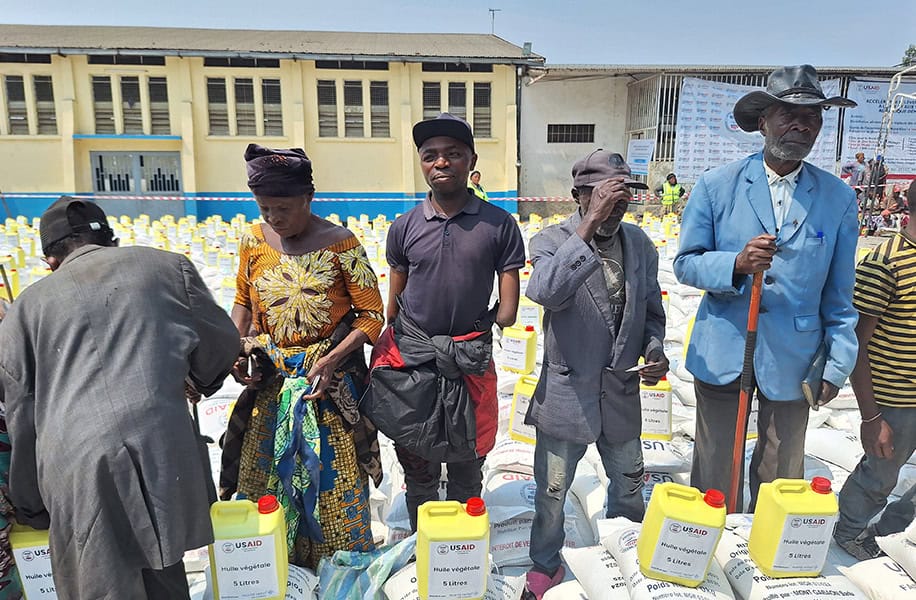
DR Congo has faced decades of conflict and insecurity, creating one of the longest and most complex humanitarian crises. Among the world’s poorest countries, DRC has faced even more challenges in recent years, including Ebola and Coronavirus outbreaks, the 2021 eruption of Mount Nyiragongo and renewed fighting between the M23 rebel group and the DR Congo military.
These crises have forced millions of people to leave their homes, destabilizing communities and destroying livelihoods. The UNHCR reports over 6.4 million people are displaced within DR Congo, and over 1 million have fled the country as refugees or asylum-seekers. Millions also face severe food shortages and need life-saving help.
Despite increased violence in 2023 that caused many aid organizations to stop their work, World Relief remained committed to helping those in some of the hardest-hit areas in eastern DR Congo through our strong partnerships with local churches and communities. In fiscal year 2024, World Relief DR Congo directly served over 608,000 people through programs focused on farming support, strengthening families, savings groups and community peace building.
We are also responding to this crisis “here and there” through our U.S. offices. In the past five years, we have supported over 4,000 people from DR Congo as they rebuild their lives in the U.S. through housing assistance, health and mental health support, youth programs, language classes, job help, family reunifications and more.
Haiti: Strengthening Communities Amid Unrest

In Haiti, serious violence and political unrest have forced nearly 700,000 people to flee their homes, according to the International Organization for Migration. This crisis has put a huge strain on resources, especially in Port-au-Prince, where people already faced economic challenges and natural disasters. More than 4 million Haitians are also at high risk of severe food shortages. A strong, organized response is needed to provide immediate help and long-term solutions.
We have been a committed partner in Haiti for over 35 years, working with local churches to help vulnerable communities. While many organizations have recently left, World Relief has increased its efforts, leading a team of NGOs helping over 45,000 people.
Our work focuses on helping internally displaced persons (IDPs) by meeting urgent needs and building resilience in 10 camps across five areas. In recent months, we have set up six water trucking sites, distributed 900 water filters and given cash transfers to 400 families so they can cover essential needs. We shared 600 educational materials on preventing gender-based violence and helping survivors. We also provided hygiene supplies like soap, underwear, menstrual pads and tools to help keep latrines and water points clean.
Through our “here and there” approach, we also support displaced Haitians in the U.S. Over the past five years, we have helped over 300 Haitians with legal services, English classes, job training and more to rebuild their lives.
U.S.-Mexico Border: Responding to the Humanitarian Crisis
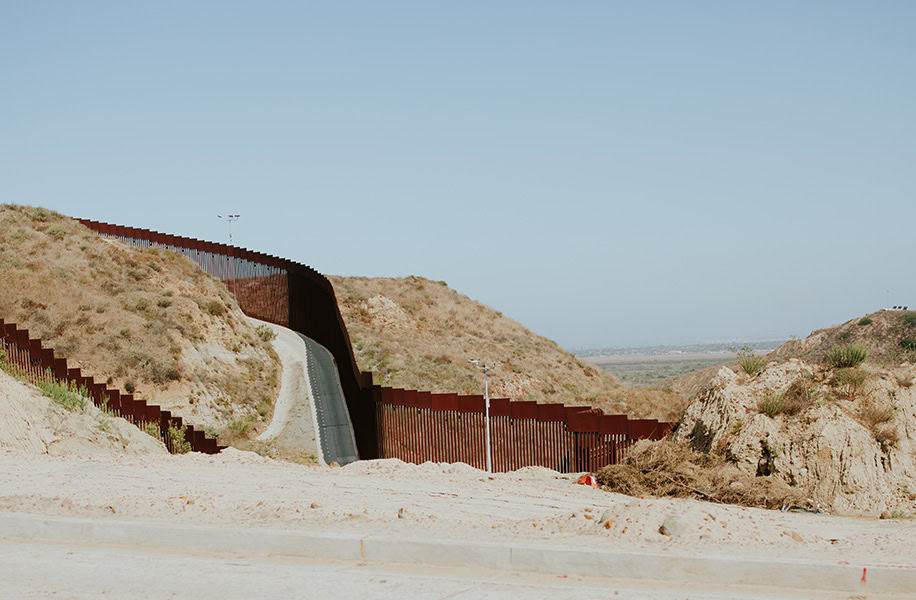
The humanitarian crisis at the U.S.-Mexico border extends far beyond the border itself, driven by crises in other countries that compel people to leave their homes in search of safety and opportunity. This includes asylum seekers like Yousif from Afghanistan, whose Christian faith and job with the U.S.-backed Afghan government put him and his young family at risk when the Taliban took control of Kabul.
According to government statistics, the U.S. Border Patrol had 53,858 encounters with migrants crossing into the southwest border in September 2024. Nearly 6,000 of those were unaccompanied children and single minors. Many migrants reach the border only to be turned away, while others face months or even years of waiting. Some have eventually been allowed into the U.S., where they traveled to various communities to rebuild their lives and navigate the complexities of the U.S. legal system.
World Relief has been addressing this crisis through partnerships with local churches and community networks along the U.S.-Mexico border, particularly in the San Diego-Tijuana area, by providing temporary shelter and meals. In the U.S., we support refugees and immigrants by offering legal services, English language classes and assistance with integrating into their new communities. Recognizing that past bipartisan efforts to address systemic issues in the immigration system have fallen short, we are committed to advocating in local communities and in Washington, D.C. for biblically-based immigration policies that prioritize both the security of the American people and due process for those fleeing persecution and seeking refuge.
Will you join us?
For decades, we have walked with refugees and displaced people in the U.S. and around the world. Today, when more people than ever in recorded history have lost everything, we are still there. We see them. And we know you do too. The need is urgent — will you extend your hand to help?
References
- Sudan Mobility Overview. IOM UN Migration.
- Sudan death toll far higher than previously reported – study. BBC.
- Sudan: Acute Food Insecurity Situation for April – May 2024 and Projections for June – September 2024 and October 2024 – February 2025. IPC: Integrated Food Security Phase Classification.
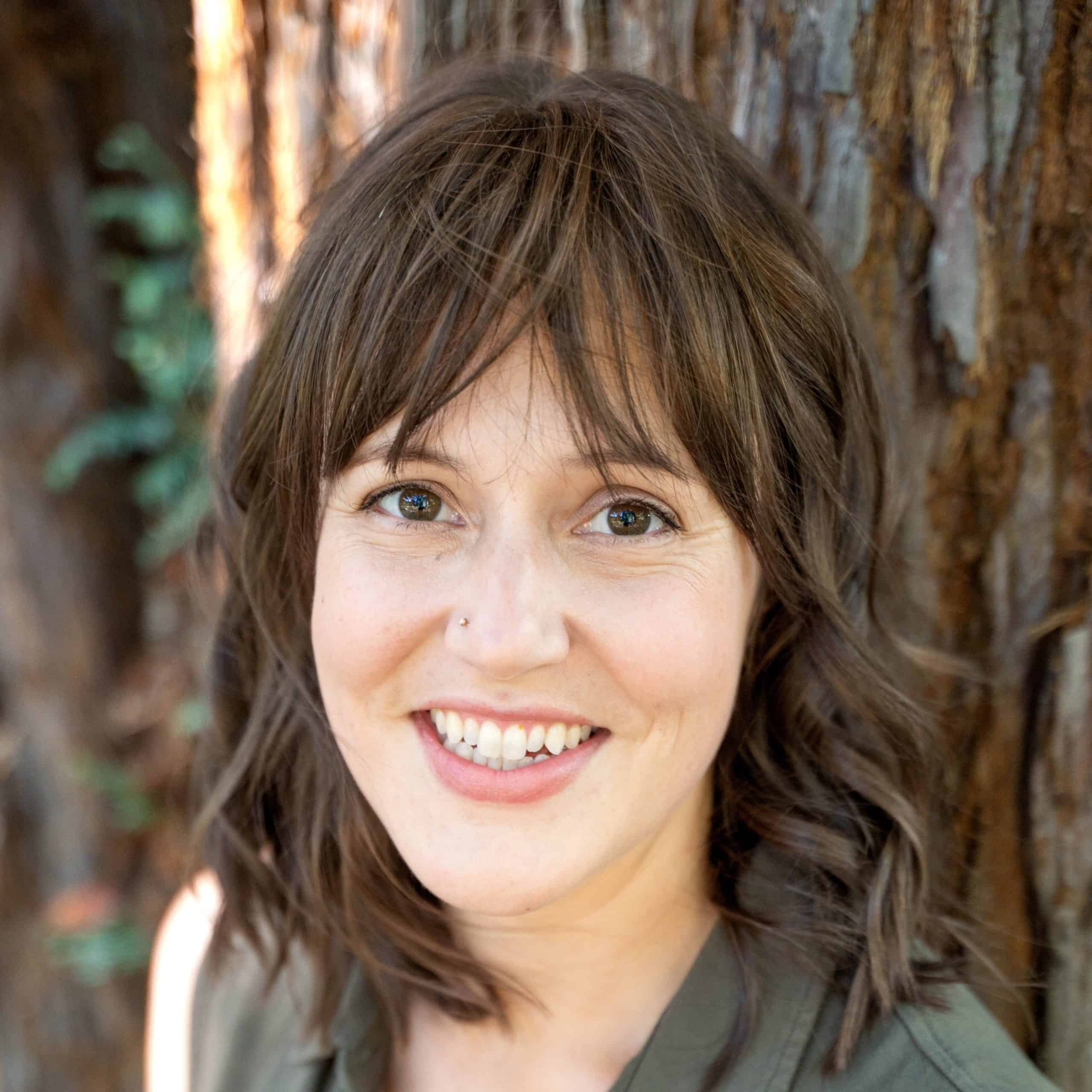
Kelly Hill is a Content Manager at World Relief. She previously served as Volunteer Services Manager at World Relief Triad in North Carolina. With a background in International and Intercultural Communication, she is passionate about the power of story to connect people of diverse experiences.

Shreya Shukla Thornton is the Senior Content Manager at World Relief. With a Ph.D. in communication and over 15 years of experience in the field, she enjoys developing content strategy and forging a connection through storytelling.


